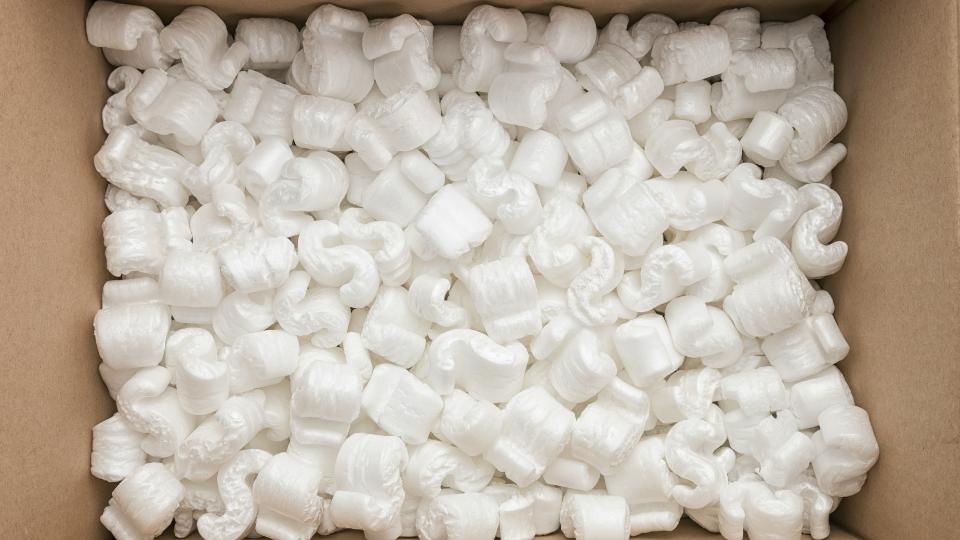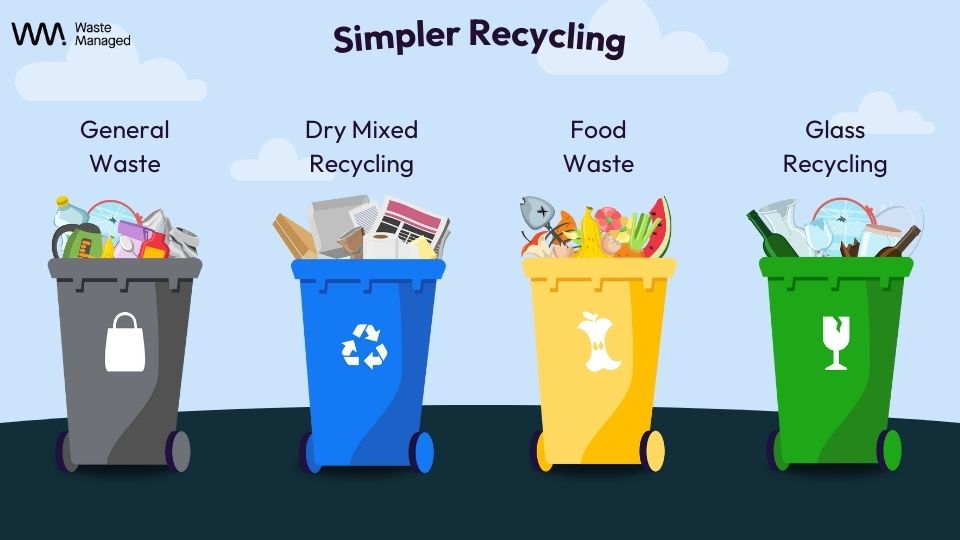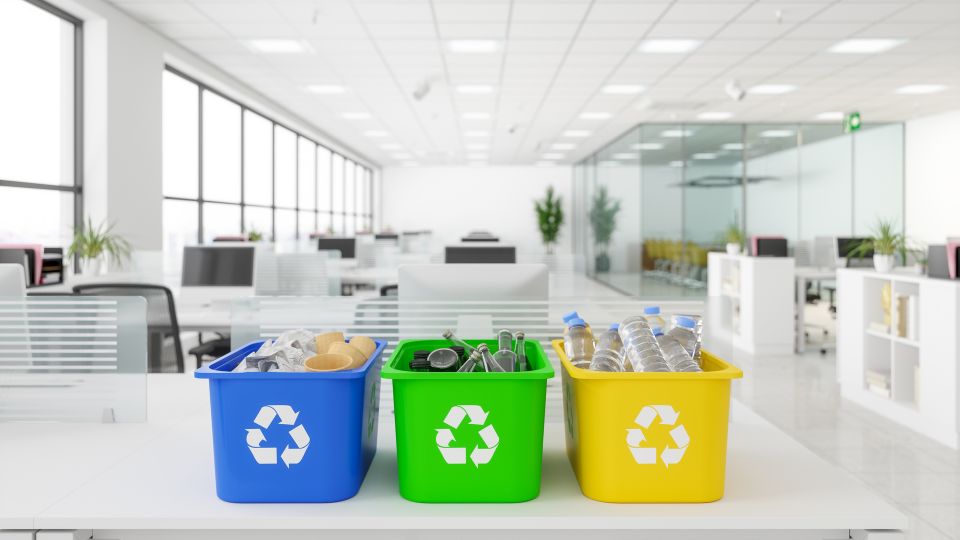
Packaging peanuts are a common material used for protecting fragile items during shipping in the UK.
They are lightweight, inexpensive, and effective at cushioning delicate objects.
However, they are also notorious for being difficult to dispose of.
In the past, many people simply threw them away, leading to an increase in landfill waste.
Fortunately, there are now several ways to recycle packaging peanuts and reduce their environmental impact.
In this article, we will explore the benefits of recycling packaging peanuts and provide tips for doing so effectively in the UK.
The Environmental Impact of Packaging Peanuts
Packaging peanuts are made from expanded polystyrene foam (EPS), a material that is not biodegradable and takes hundreds of years to break down.
When discarded, they can litter our streets, clog our waterways, and harm wildlife.
In the UK, the amount of EPS waste generated each year is significant.
According to the Waste and Resources Action Programme (WRAP), in 2019, around 160,000 tonnes of EPS waste were generated in the UK.
The Benefits of Recycling Packaging Peanuts
Recycling packaging peanuts can have a positive impact on our environment in the UK.
By diverting them from landfills, we can reduce greenhouse gas emissions, conserve resources, and protect natural habitats.
Recycling can also save energy, as it takes less energy to produce new products from recycled materials than it does to produce them from raw materials.
Additionally, recycling can create jobs and stimulate the economy in the UK.
According to the British Plastics Federation, the UK plastics industry employs around 180,000 people and generates an annual turnover of approximately £25 billion.
Looking for more information on the best types of packaging? Read our blog on Glass vs Plastic!
Recycling Options for Packaging Peanuts
There are several ways to recycle packaging peanuts in the UK, including:
Reuse
One of the easiest ways to recycle packaging peanuts is to reuse them.
If you receive a package with packaging peanuts, save them for future use.
You can also donate them to local businesses or individuals who may need them.
Drop-off Recycling
Many local shipping and packaging stores accept packaging peanuts for recycling in the UK.
These stores will typically have a designated bin for collecting the peanuts, which are then sent to a recycling facility.
Mail-back Programmes
Several companies offer mail-back programs for packaging peanuts in the UK. These programs allow you to mail the peanuts back to the company for recycling.
EPS Recycling Facilities
There are also facilities in the UK that specialise in recycling EPS foam.
These facilities will typically accept packaging peanuts, as well as other EPS products, such as foam insulation and food service packaging.
Tips for Effective Packaging Peanut Recycling
To recycle packaging peanuts effectively in the UK, follow these tips:
Keep the peanuts clean
Make sure the peanuts are free from dirt, debris, and other contaminants. Dirty peanuts may not be accepted for recycling.
Separate different types of peanuts
If you have different types of packaging peanuts, such as biodegradable and traditional, separate them before recycling.
Avoid mixing peanuts with other materials
Do not mix packaging peanuts with other materials, such as cardboard or plastic. This can make it difficult to recycle the peanuts.
Check with your local recycling centre
Make sure to check with your local recycling centre in the UK to see what types of packaging peanuts they accept.
There are new polystyrene recycling options on the horizon such as the use of micro-organisms which digest the material and break it down into material that can be used as fuel.
Recycling Statistics
Recycling packaging peanuts can have a significant impact on reducing waste and conserving resources in the UK. Here are some recycling statistics related to EPS foam:
According to WRAP, in the UK, only around 6% of EPS waste is currently being recycled, with the majority ending up in landfill or incineration.
However, the amount of EPS waste being recycled in the UK is increasing.
Read more about recycling packaging in our dedicated article.








